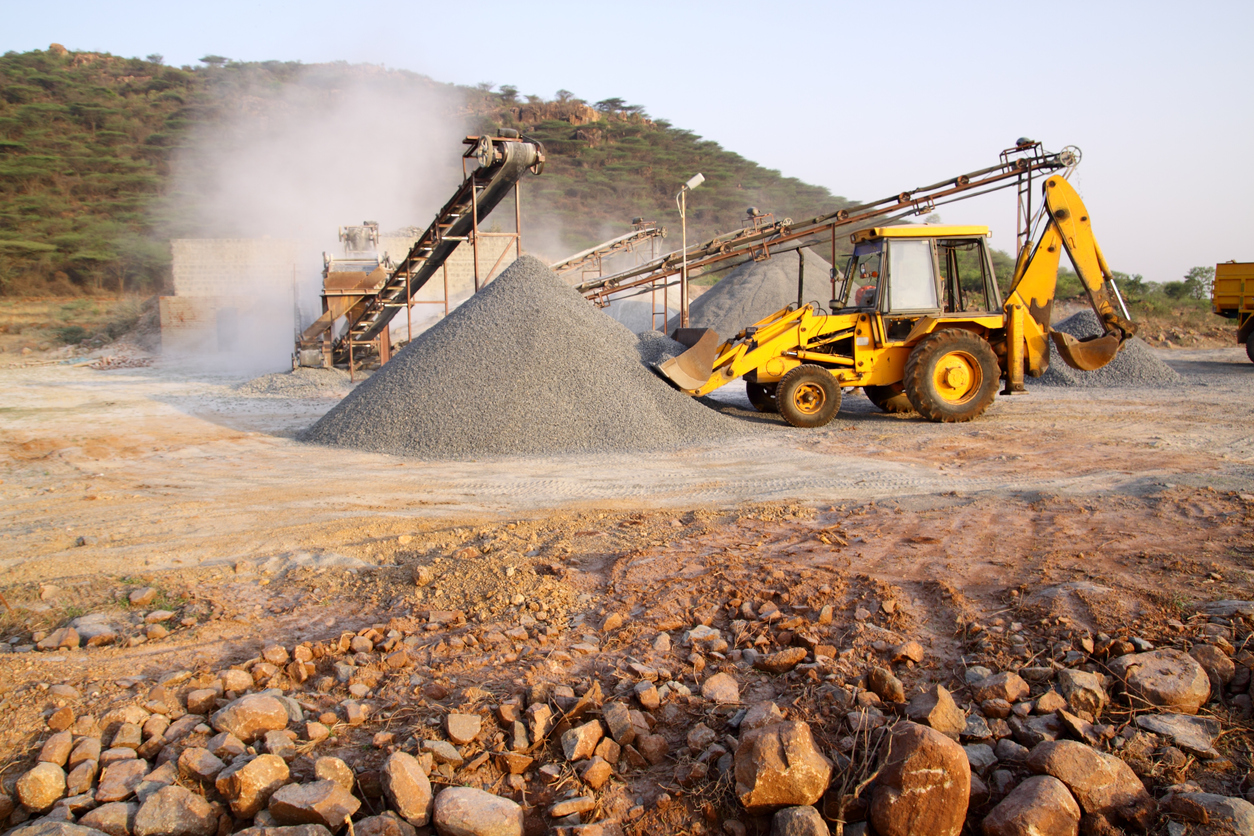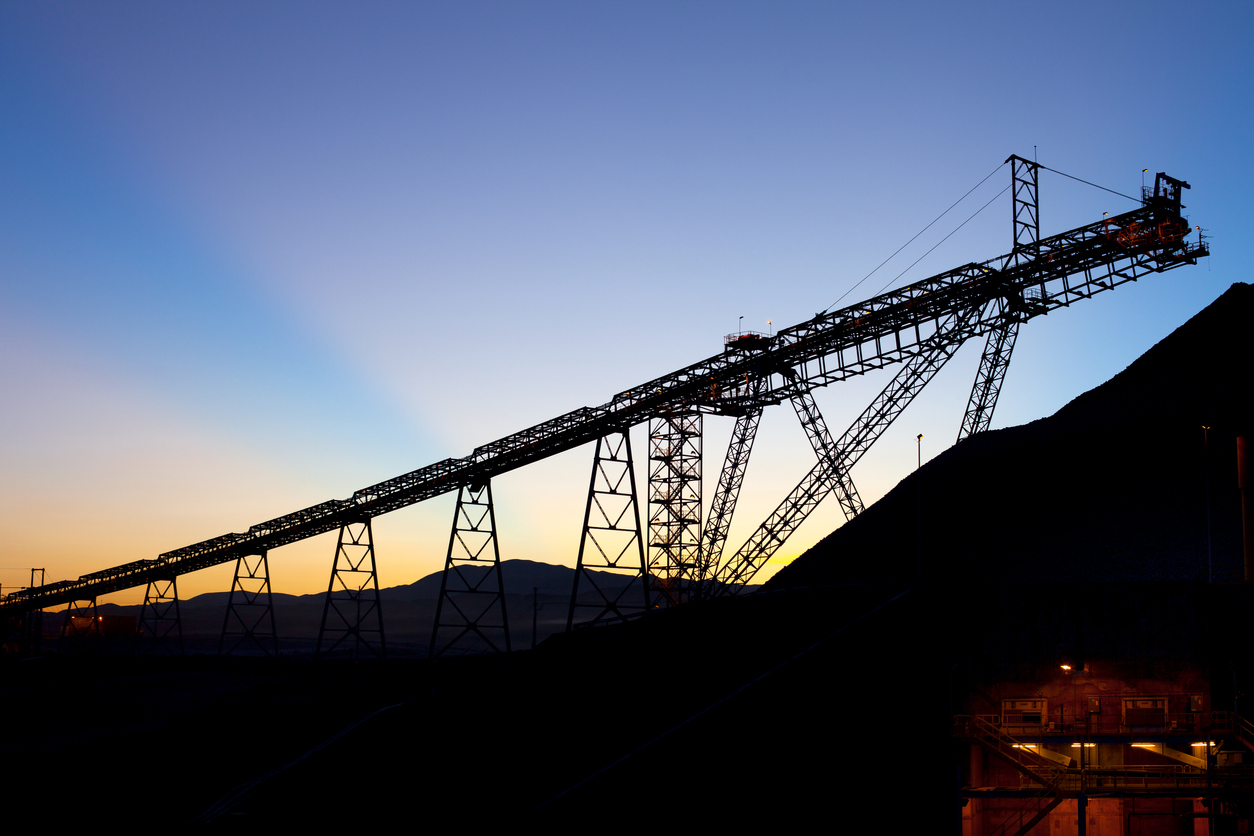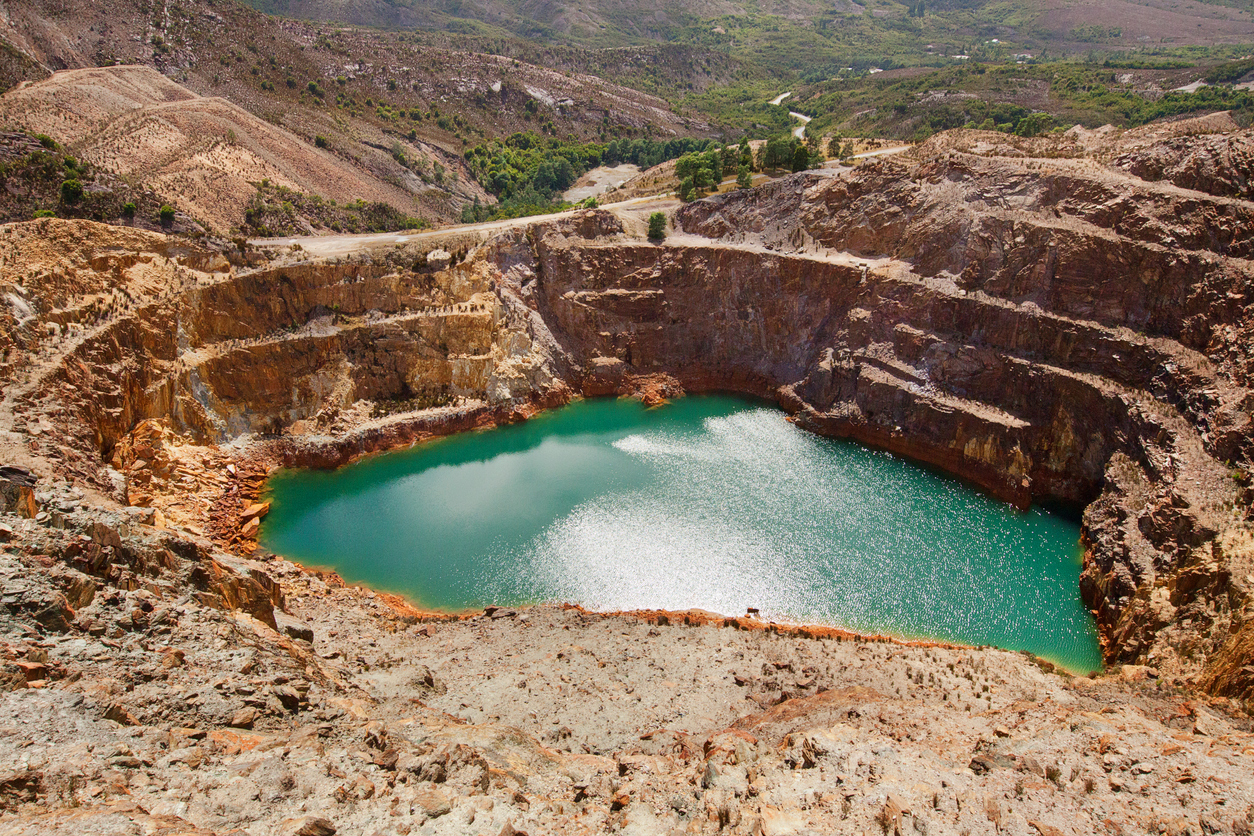Redefining the Industry
The race is on to secure the investment required to meet the growing demand for the minerals and metals critical to the energy transition, including, copper, lithium and nickel. Due to this and increased scrutiny, mining companies must also be focussed on achieving net-positive impact across ESG factors, with significant benefits to those that get it right.
But to do this effectively, the resources industry needs to redefine the way that it engages with surrounding communities and the environment. Mining is a necessary market for societal growth, but companies must be held to account for making sure they operate with a responsibility to the environment and to those in and around their operational footprint, whilst remaining economically viable. It’s no secret that the industry’s reputation needs work and needs to tell its story better.
Stakeholder Engagement & Inclusion
Stakeholder engagement and inclusion play a crucial role in driving sustainable development for the industry. To manage impacts and maintain their social license to operate, mining companies must engage stakeholders like local communities proactively and transparently. This starts by identifying key groups early and establishing clear engagement procedures. Companies should listen to concerns, disclose information honestly, and customise their outreach approaches to each group. Utilising diverse communication channels and involving stakeholders from the outset enables meaningful dialogue and input integration. Structured, two-way dialogue and collaboration is crucial for successful, sustainable resource development.
The Importance of Engagement
Here are a few reasons why stakeholder engagement is important:
-
- Managing Impacts – Engaging with stakeholders like local communities helps mining companies better understand and manage their social and environmental impacts. This input can help identify concerns early and minimise risks.
- Access to Land – Companies need access to land to explore and develop mines. Working cooperatively with landowners, indigenous groups, and governments can help secure this access through agreements and contracts.
- Regulatory Approvals – Extensive engagement and consultation with stakeholders are usually required as part of the permitting and approval process for new mines. This can help demonstrate to regulators that the project has addressed stakeholder concerns.
- Access to Infrastructure – Building infrastructure like roads, railways and power often requires working with various stakeholders. Their inclusion helps facilitate the building of supportive infrastructure.
- Maintaining Reputation – Transparent and meaningful stakeholder engagement demonstrates a company’s commitment to sustainable and responsible mining. This can protect and build a company’s reputation.
- Social License to Operate – Mining activities often impact local communities, indigenous groups, and the environment around mines. Maintaining open communication and building trust with stakeholders helps mining companies secure and maintain their “social license” to operate. This can reduce risks that could delay or halt projects.
K2fly Land Management
K2fly’s Heritage Management is a solution for resource companies to take a holistic view of their varied stakeholders across the entire mine life. It can also track stakeholder sentiment across groups, individuals and time allowing companies to engage and respond to stakeholder needs.
“Land Management aggregates data sources, multiple stakeholders, diverse obligations and sentiment into a single visualisation platform. This product provides an integrated solution that enables real-time operational intelligence for planning, access, obligations and interactions.”




